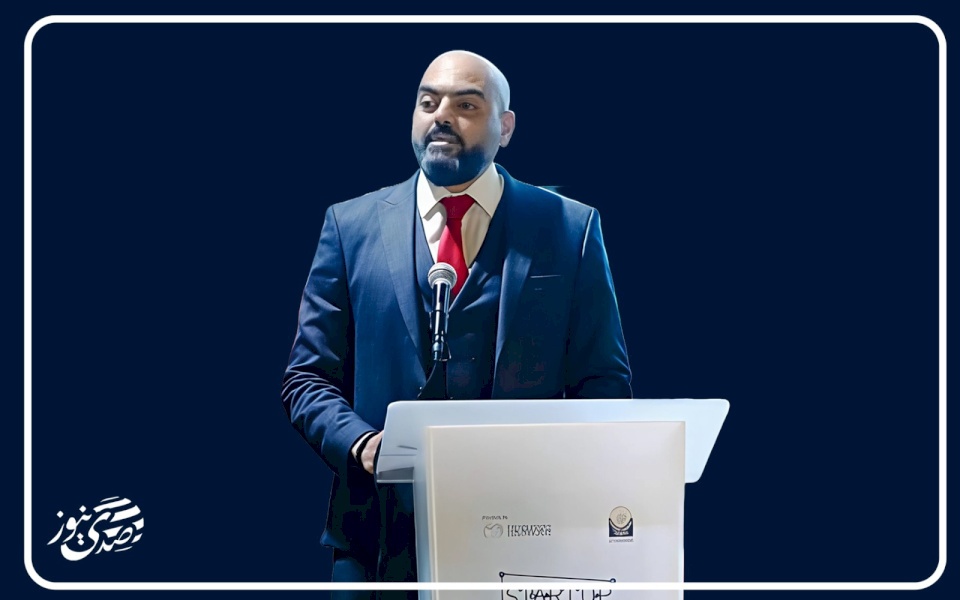
A Warning from the Market!!
Every Friday, my friend, the poet and novelist Majid Abu Ghosh "the Mayor", and our mischievous friend Iyad Shaheen, and I used to go together to the market. It was not just a shopping trip, but a chance to hear the pulse of the people, to read in their faces stories of patience and toil, and to see in the hustle and bustle of the market a picture of a society that, despite its poverty, clings to life.
However, this week's scene was shocking to the point of being harsh. The market appeared empty, devoid of anything but a few stalls and vegetables lying as if waiting for customers who lost their way. We did not hear the usual haggling or the laughter of children running through the alleys. Silence reigned supreme.
We stood contemplating, and Majid said with a tone of a poet where sadness intermingled with irony: "The market was the balance of the poor... if it is empty, this means that the tragedy has become general."
Iyad responded as he looked at the vendors who sat frozen behind their goods:
"How can people come when they have no salaries? The government employee, who could barely make ends meet, has been without a salary for months. How can he fill a basket of vegetables?"
We approached one of the vendors, a man in his fifties, his face worn and his hands cracked from working in the fields. We asked him about his condition, and he replied with a long sigh:
"We brought the goods at dawn... we barely sold anything. People pass by here and just look. They no longer have the price of a kilo of tomatoes or cucumbers. How will I go home having lost my capital?”
His words were more eloquent than any economic report. The pain was evident in his eyes more than in his voice. The market, which used to be a center of vibrant social life, has turned into a stage of disappointment. No seller profits, and no customer buys, and everyone is trapped in a cycle of helplessness with no way out.
This scene reveals a deeper tragedy: a suffocating political and economic crisis pushing society to the brink of collapse. Public sector employees are without salaries, the middle class is shrinking to the extent that it has become part of the queues of the poor, and the small trader is collapsing just like the farmer, while the citizen stands helpless in front of even the simplest needs of his home.
The market was not just a place for buying and selling, but a space for popular solidarity, for encounters among passersby, for collective breathing amid the harshness of life. Today, due to the emptiness, it has lost its spirit. The absence of people is not just an absence from the market, but from an entire human space that kept the city alive.
We left the Ramallah market carrying a silent pain, a realization that what we saw is greater than just an empty market. The scene was a loud warning bell sounding violently, announcing that society is nearing a moment of total collapse: employees without salaries, traders facing losses, families without hope, and a city losing its spirit.
If this is the case in the Ramallah market, the capital of politics, economics, and administration, what about the other distant and marginalized provinces? What about the markets in Tulkarem, or Hebron, or Nablus, or the villages and camps living on the margins? If the market here is almost empty, how does the market look there?
What is happening today is not just a matter of prices or a passing recession, but a damning testimony to the failure of policies and the disconnection of officials from the reality of the street. And here, it must be said clearly: officials must come down from their air-conditioned offices to the markets, to look into the eyes of vendors and citizens, to hear the pain of the employee deprived of his salary, and to feel what people feel as they are unable to buy their most basic needs.
The empty market is not just an economic image, but a political and social warning bell, and if it is not heard well today, it will be heard tomorrow with a louder and harsher voice...

Huckabee's Statements Reveal the Falsehood of Trump's Peace and Reinforce Religious Confli...

Licensed Occupation by Law

Whoever Does Not Plant Hope, Plants Departure...

Between "Here is Jerusalem" and "Here is Gaza" ... The Voice of a Nation and the Steadfast...

While some count the boos, Palestinians count their martyrs.. Paradoxes of the internation...

When the Palestinian Issue is Reduced to Gaza Management

Legally Licensed Occupation

